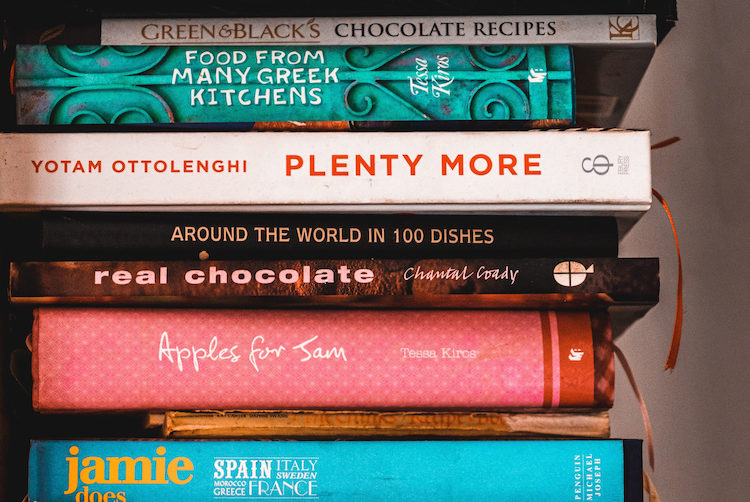
Welcome to GR Online, a series of short-form articles that take aim at the moving target of contemporary culture as it’s whisked along the guide rails of innovations in digital media, globalisation and late-stage capitalism.

On ‘Evil Genius’ by Catherine Jinks
Evil Genius, then, like many novels with a touch of fantasy, dramatises clashing moral codes. It is interested in the nature of good and evil, the opposition between them and the moments when the lines appear to blur.

Recipe for success
Fans used to approach my grandmother, Margaret, at events or book signings, professing their adoration and proudly presenting their 1969 yellow-bound original of The Margaret Fulton Cookbook. They’d tell stories about the book’s place in their hearts – it had been given to them when they moved out of home, or when they’d married, or it had been passed through two generations. Margaret would smile sweetly and flick through the pages as though looking for something. Then, often, she would close the book firmly and look mock-crossly up at them (I say ‘up’ because she was usually seated, but was also only just over five-foot-tall). ‘You’ve never cooked from this book. Where are the splatters, the markings of the kitchen, the stuck-together pages?’

Strong food
The principal reason Ju/’hoansi didn’t seek to accumulate wealth or surpluses was because they were confident first in the inherent providence of their environment and second in their ability to exploit it – so they were content to focus their energies on meeting only their immediate material needs rather than on creating or controlling surpluses.

Witches’ brew
Anthropologist Solomon Katz proposed in the 1980s the intriguing ‘beer before bread’ theory, which suggested that early agriculturalists were driven to farming not by their wholesome desire for crusty loaves but by their lust for that other staple grain product: beer.

Fallen apples
From the twelfth century in Western Europe, the apple, scientific name malus, became the forerunner for the unidentified forbidden fruit from the Garden of Eden, probably because its symbolism was already well established in Norse and Greek mythology, and the wordplay was irresistible: malus derives from the Latin word malum, which meant both evil or wrongdoing and fruit plucked from a tree.

The fight for the white stuff
Although non-dairy milks are hardly unique to the US, there seemed something distinctly ‘American’ about the consumerist techno-utopianism of engineered nutrition. In its seductive promises and dazzling abundance, in its massification and drive for profit, and its bold-yet-arrogant ambition, the world of plant milks became a metonym for everything I loved and loathed about US culture. Give me a carton of Blue Diamond Almond Breeze and you have given me America.

Confected outrage
Many of us can name our favourite childhood lollies. But what if a lolly’s name, or the name of another popular food item, is out of date? What if it’s racist, harmful or wrong? What happens when the name of a lolly doesn’t work anymore?

Where borders break down
WHEN EXPLAINING MY Antarctic research to new acquaintances, at a dinner party or a barbeque, I can usually predict...

Cold currents
WHEN ROBERT FALCON Scott reached the South Pole on 17 January 1912, he immediately knew he had been beaten....

Among ancient moss forests
IT WAS FEBRUARY 2022 when I started writing this essay, and I was returning from three weeks in Antarctica....

Game theory on ice
It’s no surprise...that many analysts think the Antarctic Treaty can serve as a template to solve modern-day territorial disputes. But how realistic is that?

Postcards from the frontline
The Antarctic Treaty was negotiated between May 1958 and June 1959, an impressively short period of time given formidable geopolitical issues that needed to be addressed: the status of sovereign claims and Cold War competition.